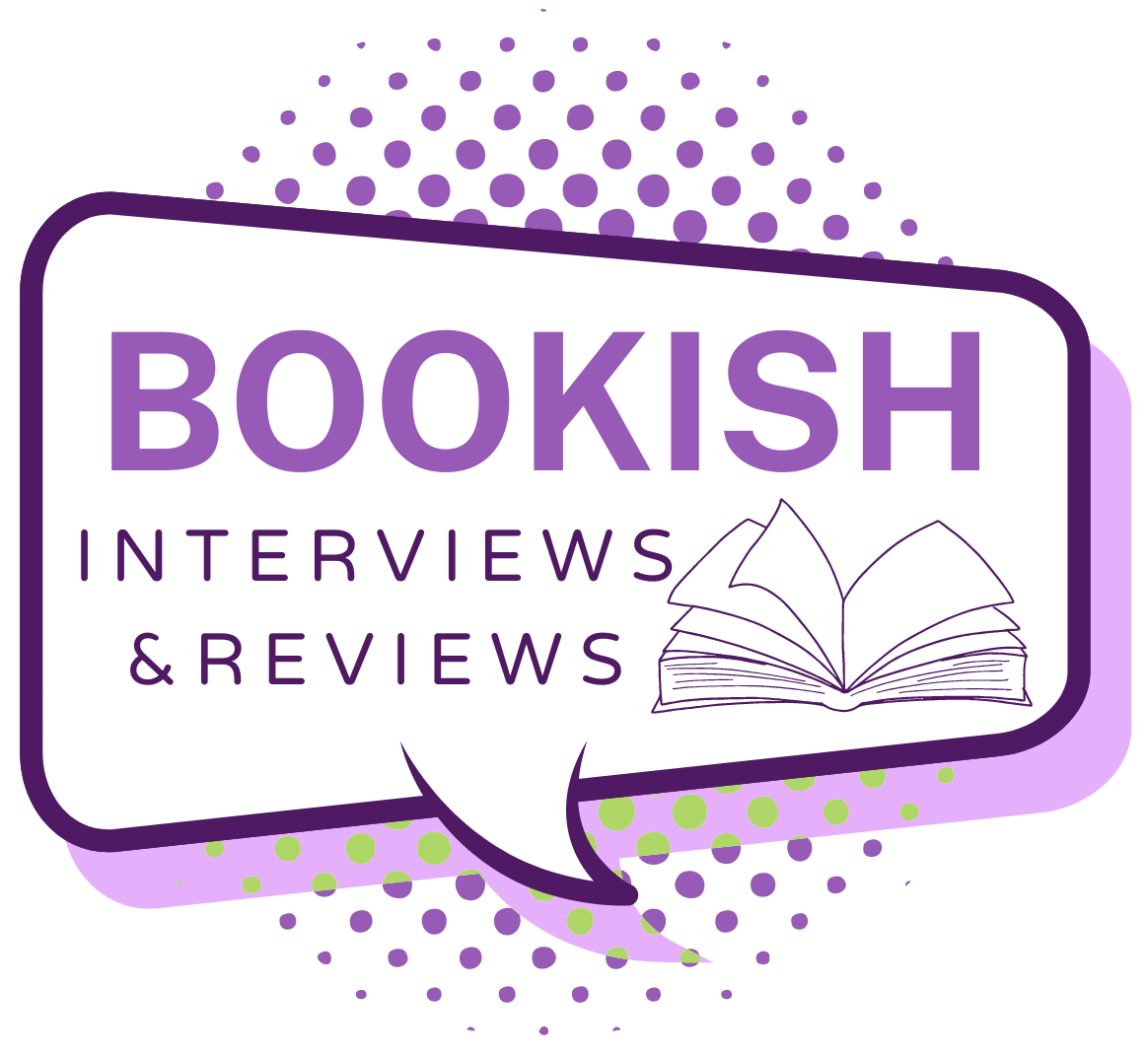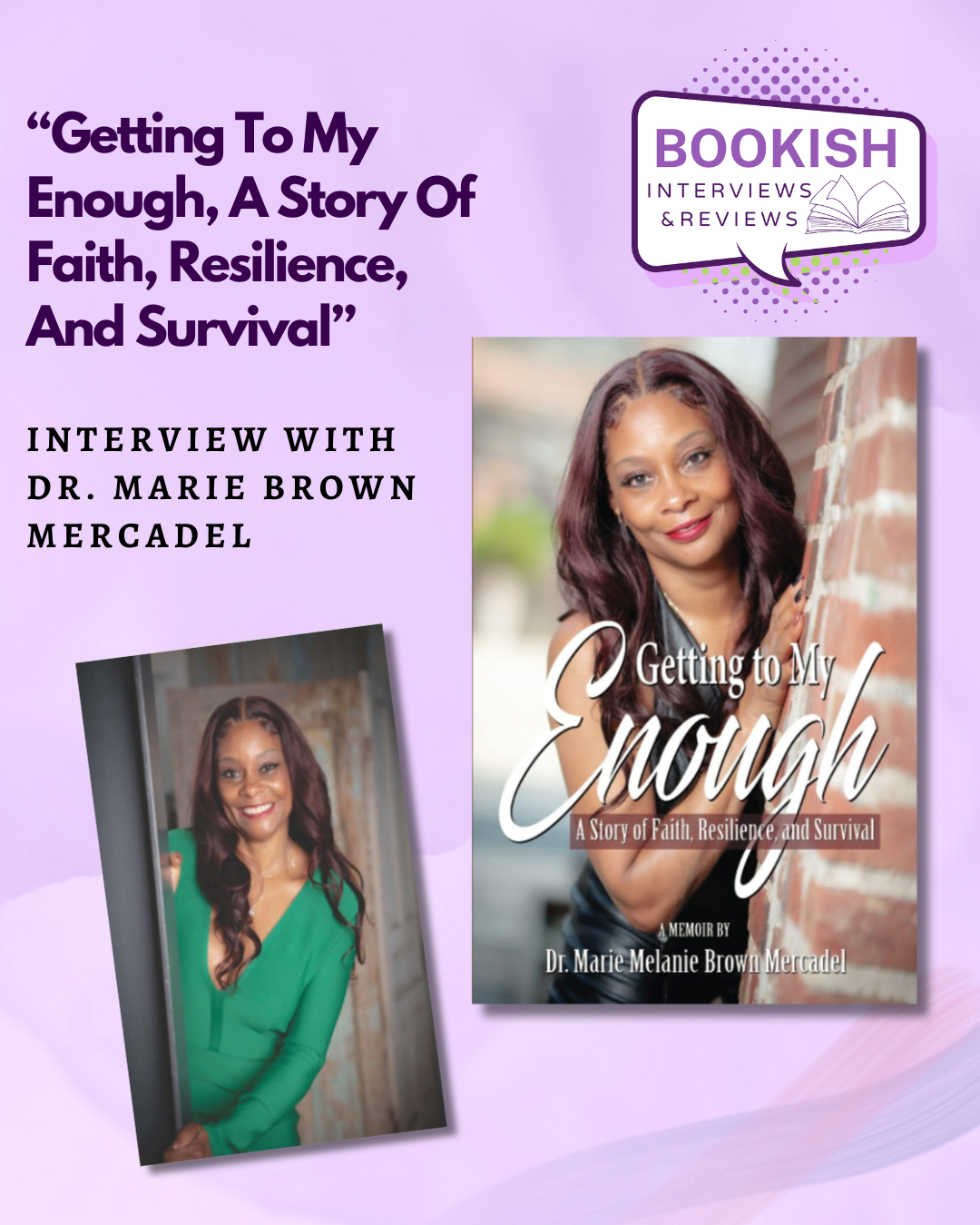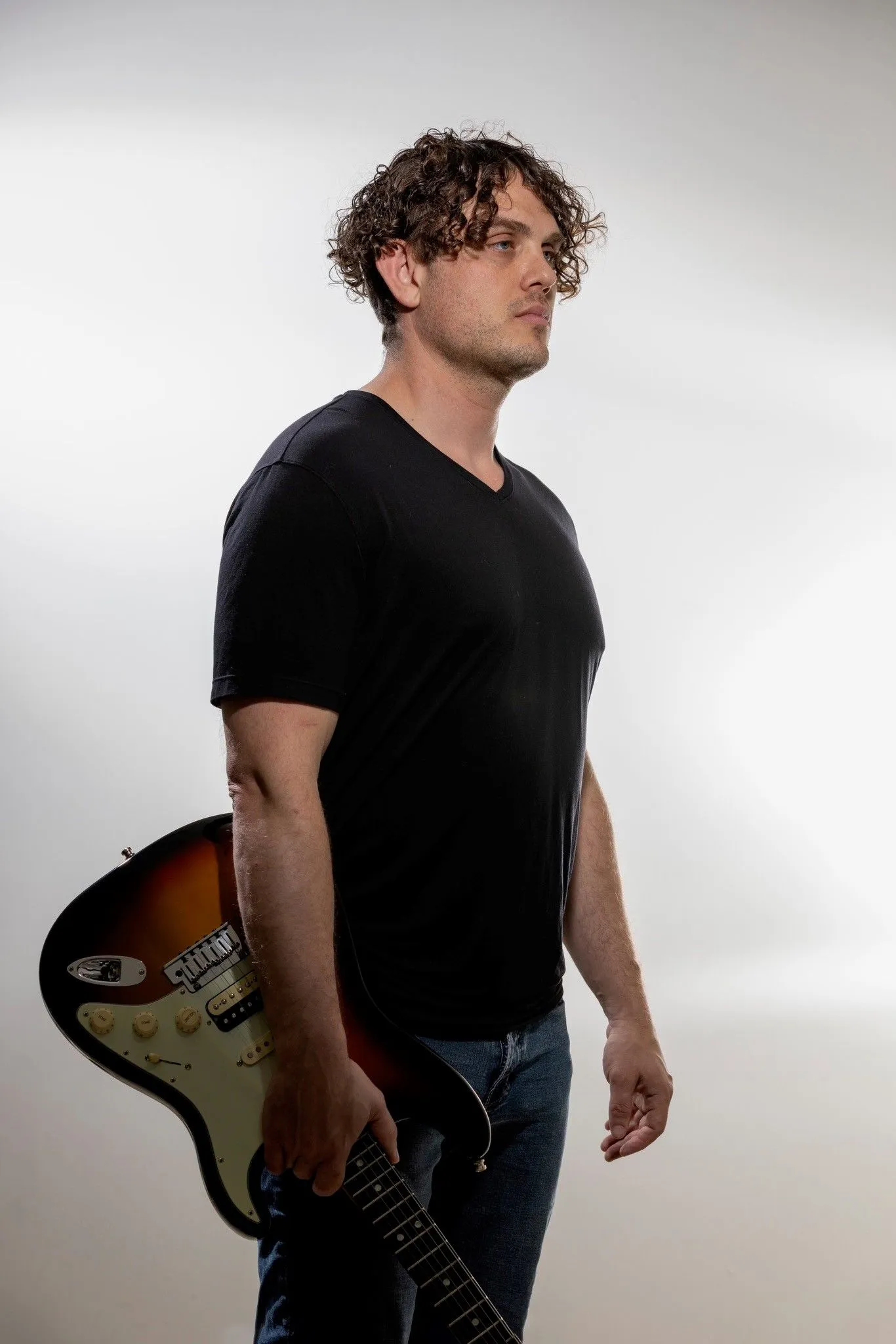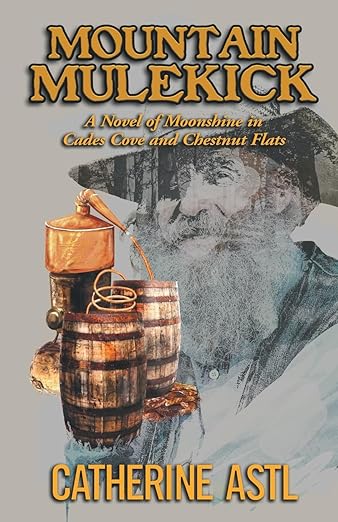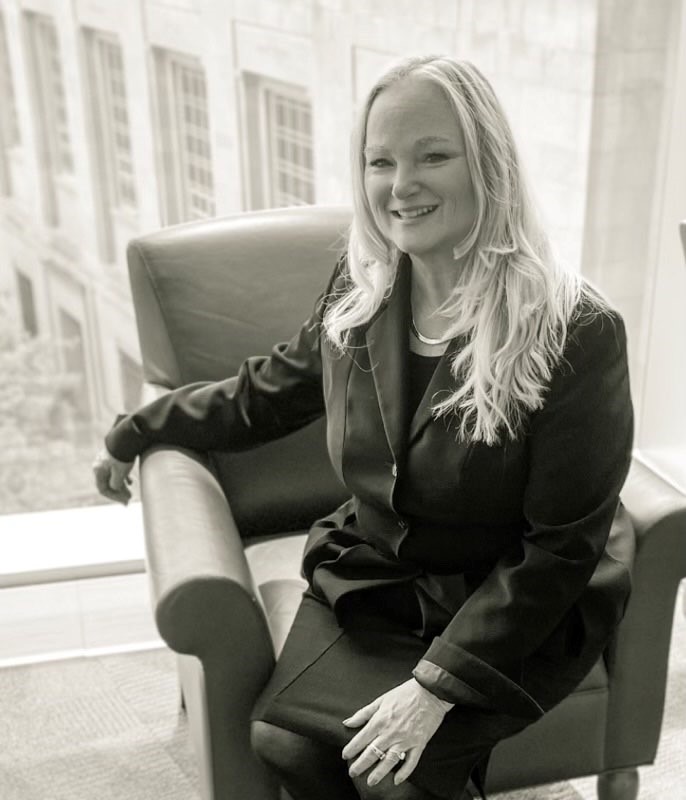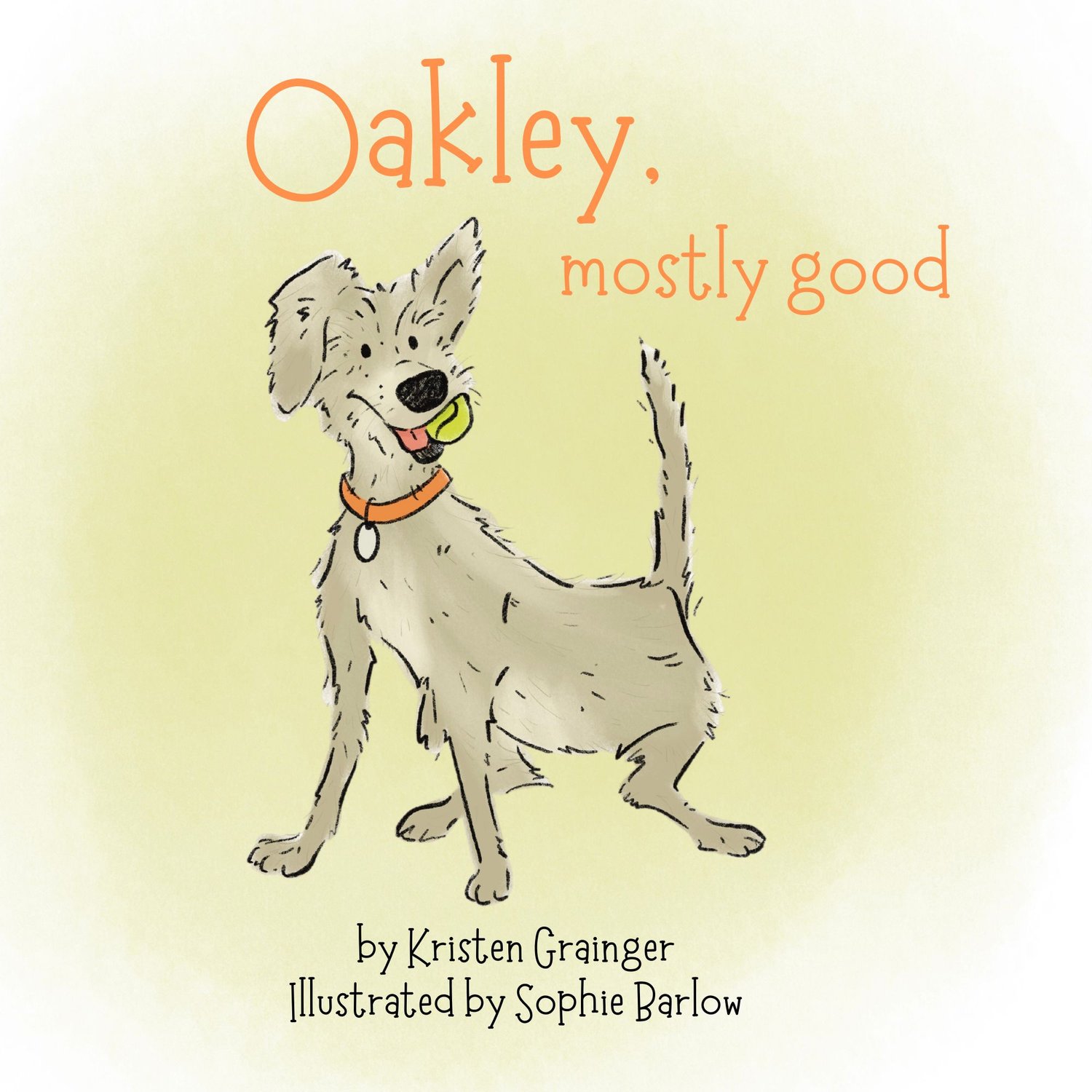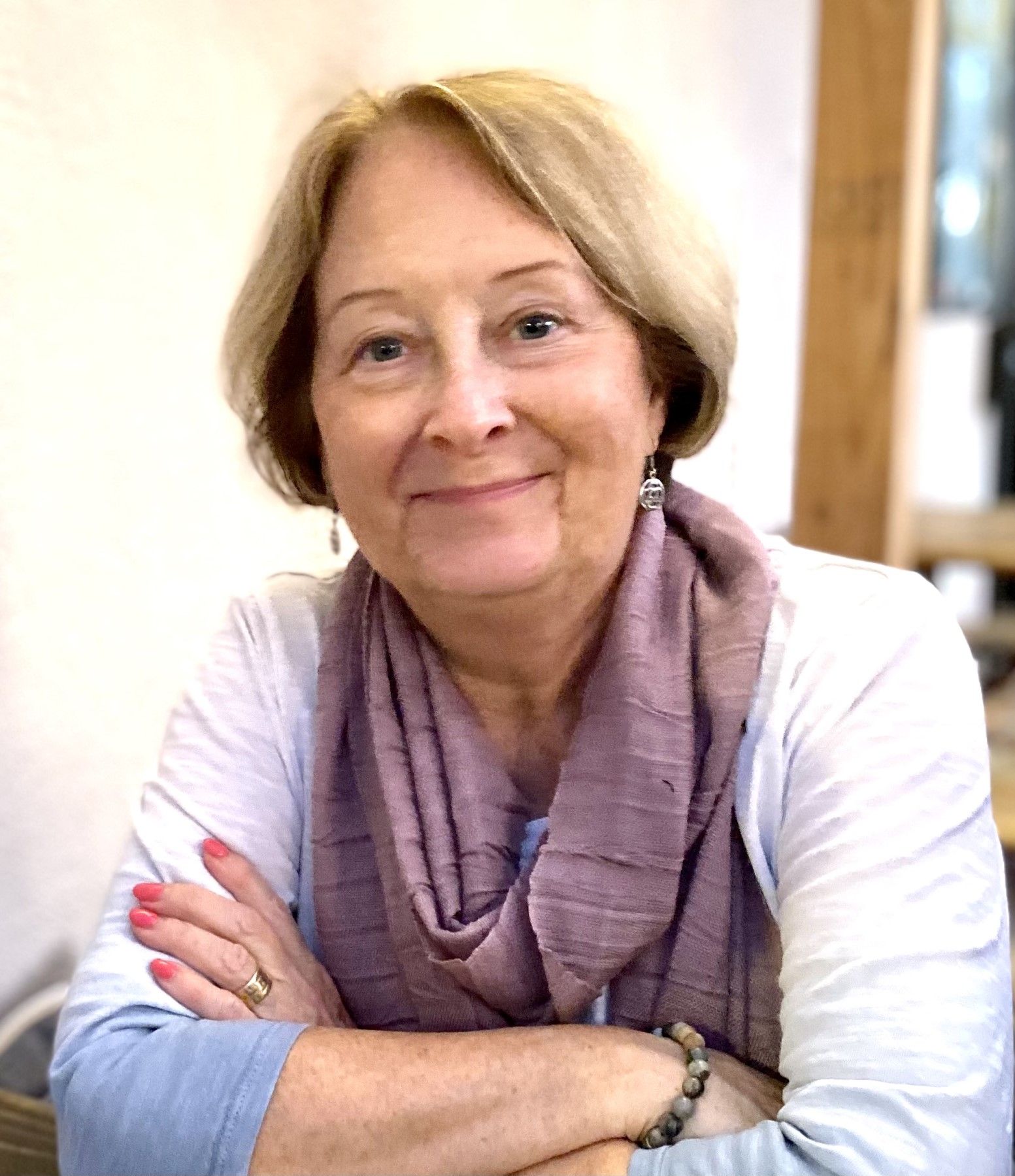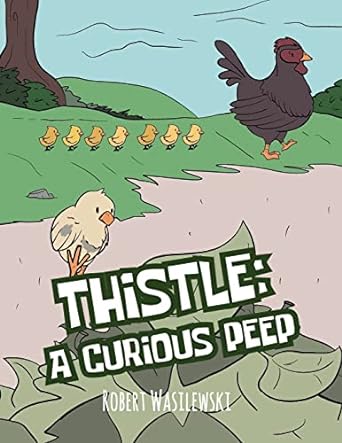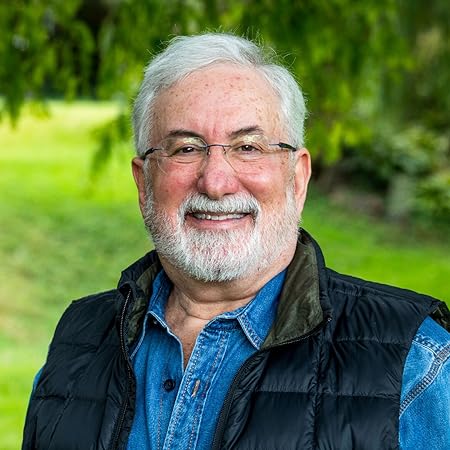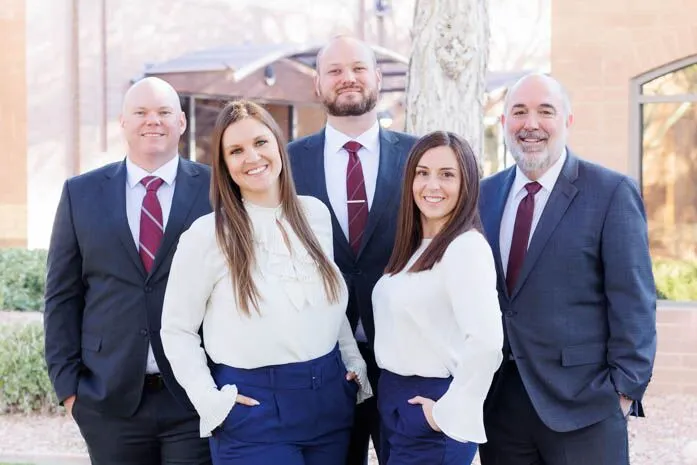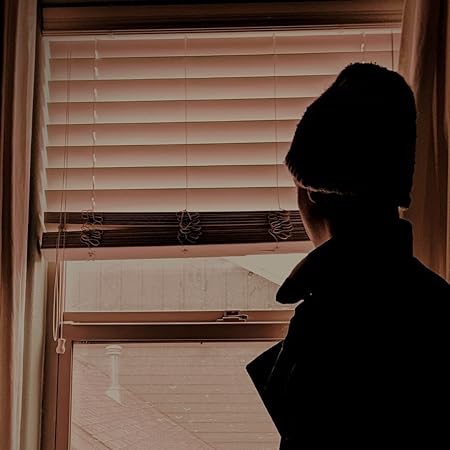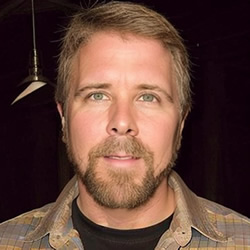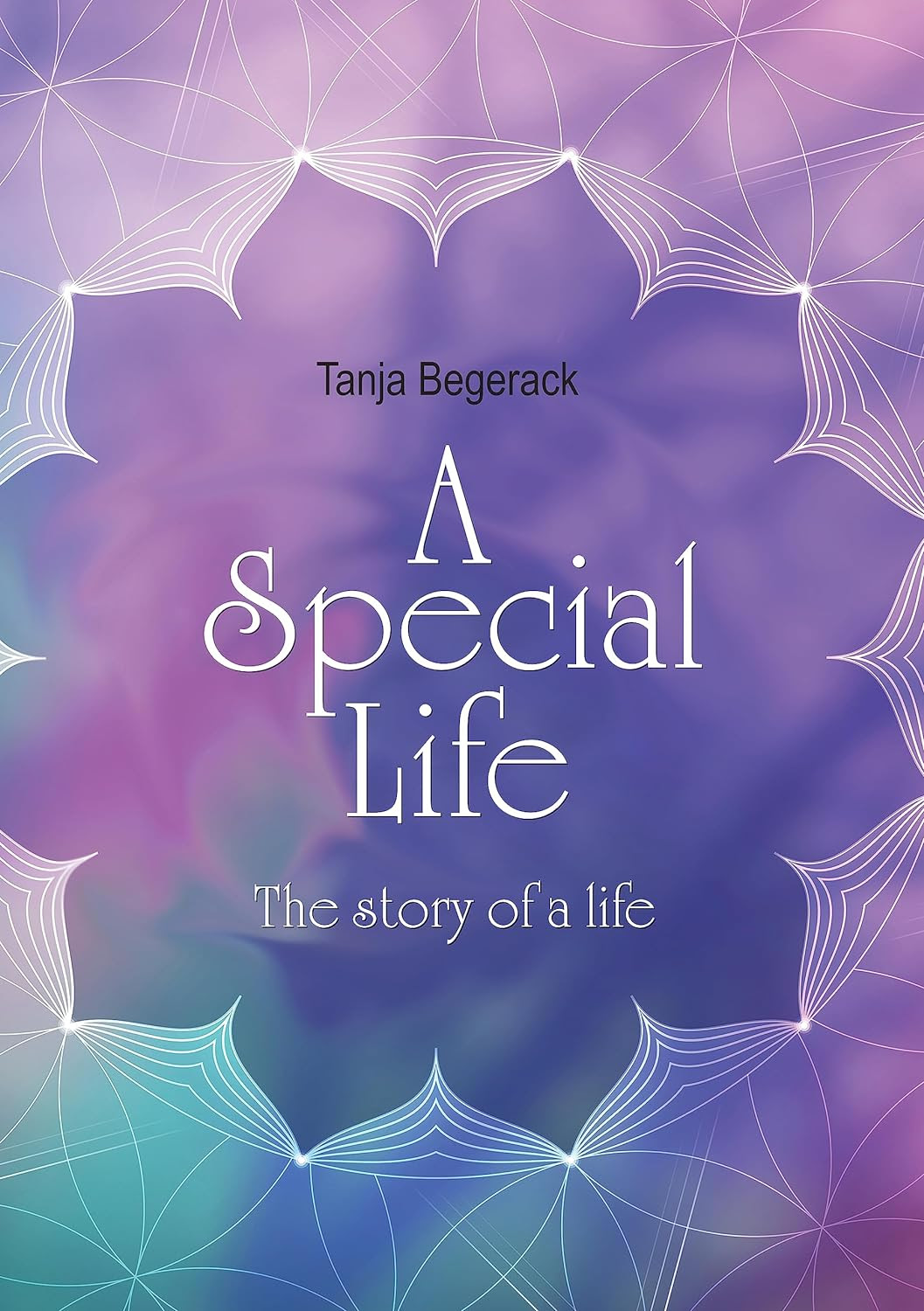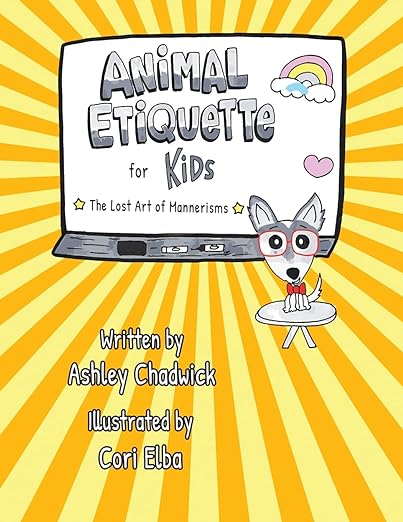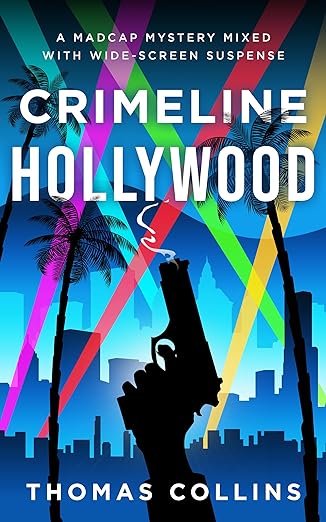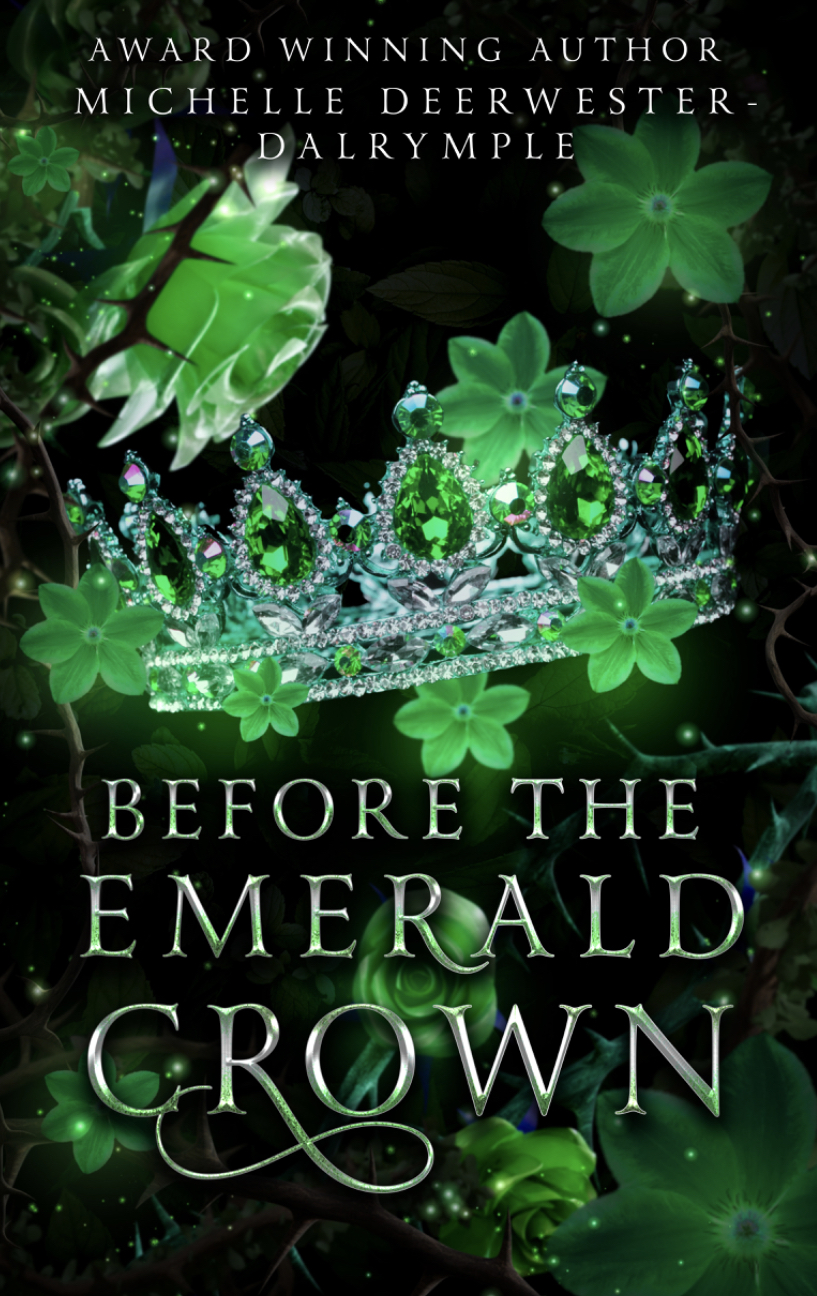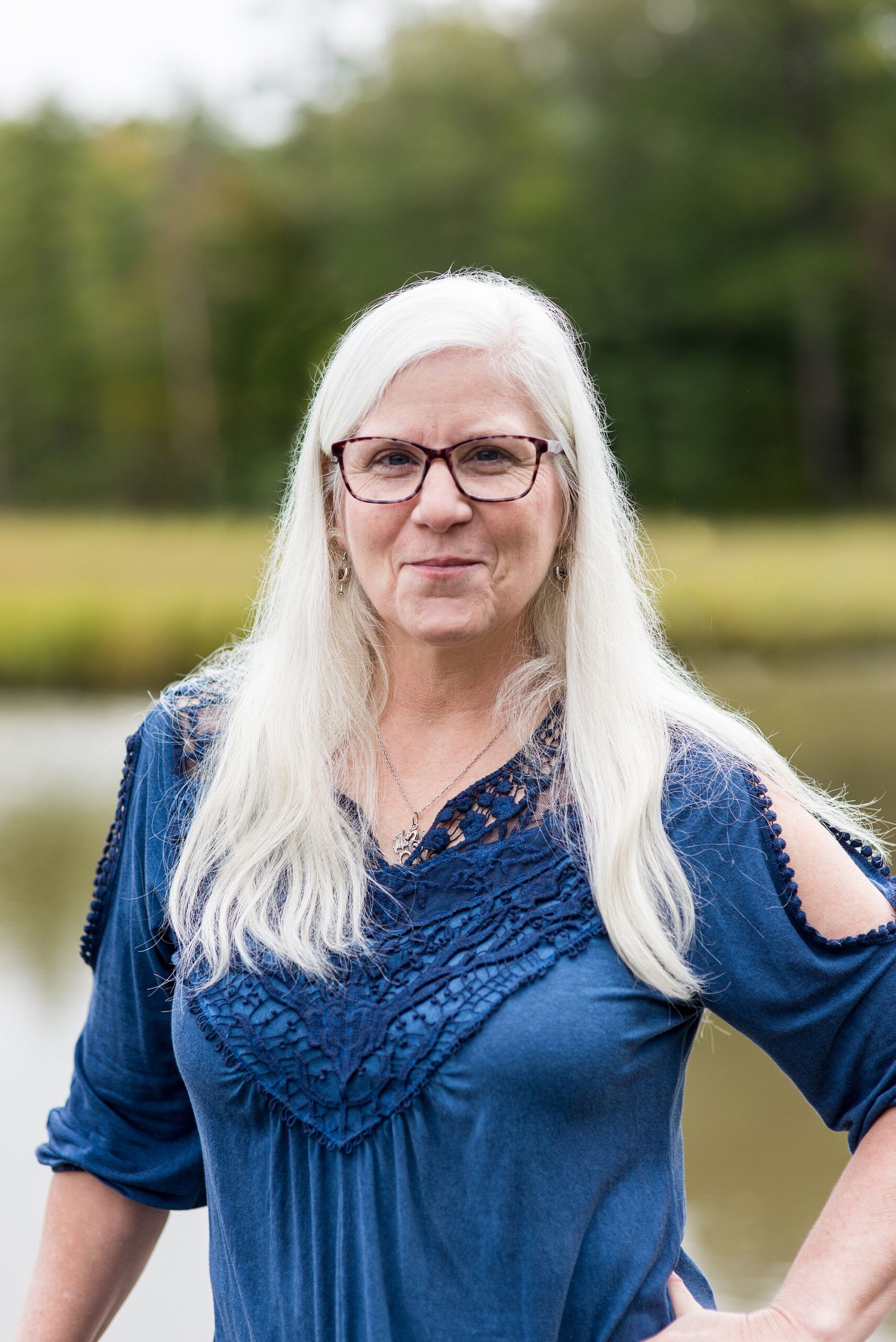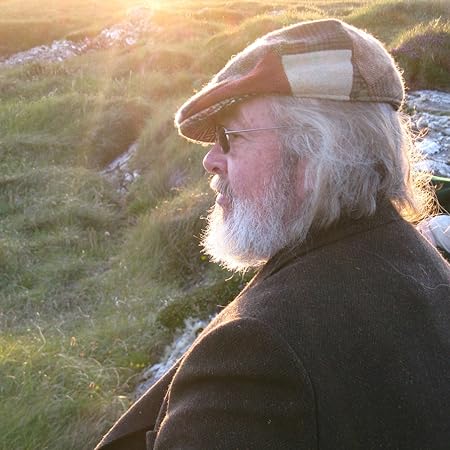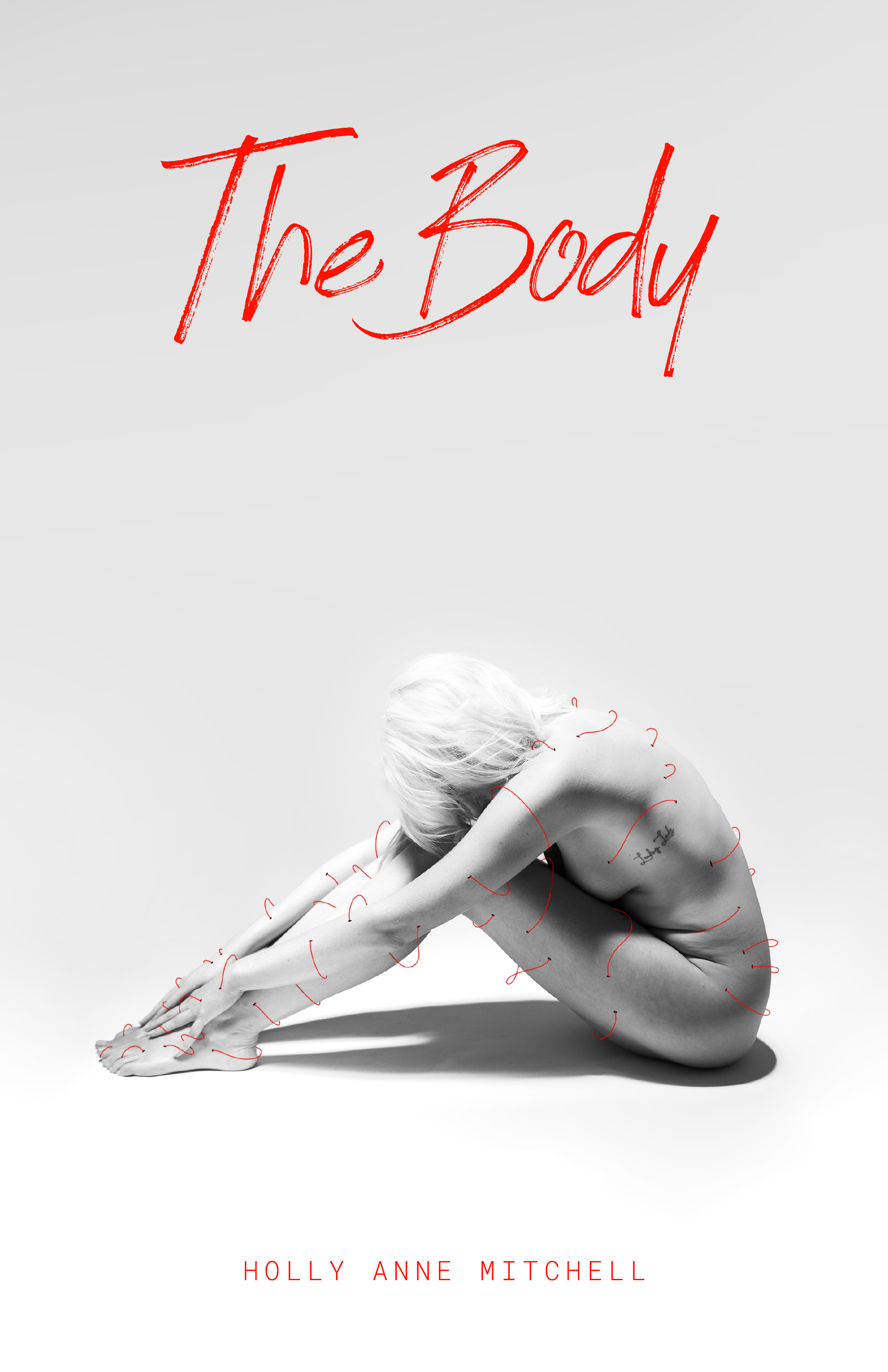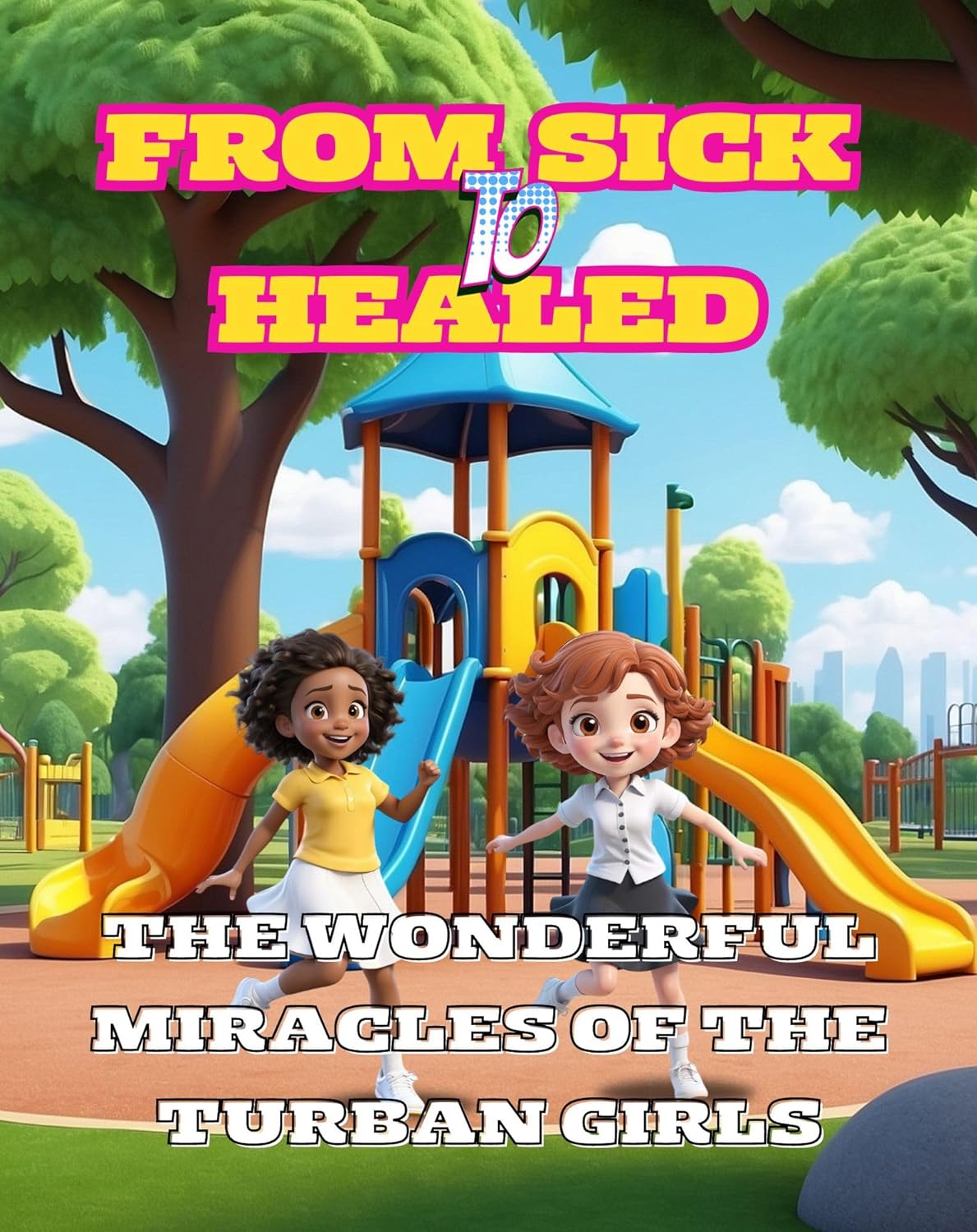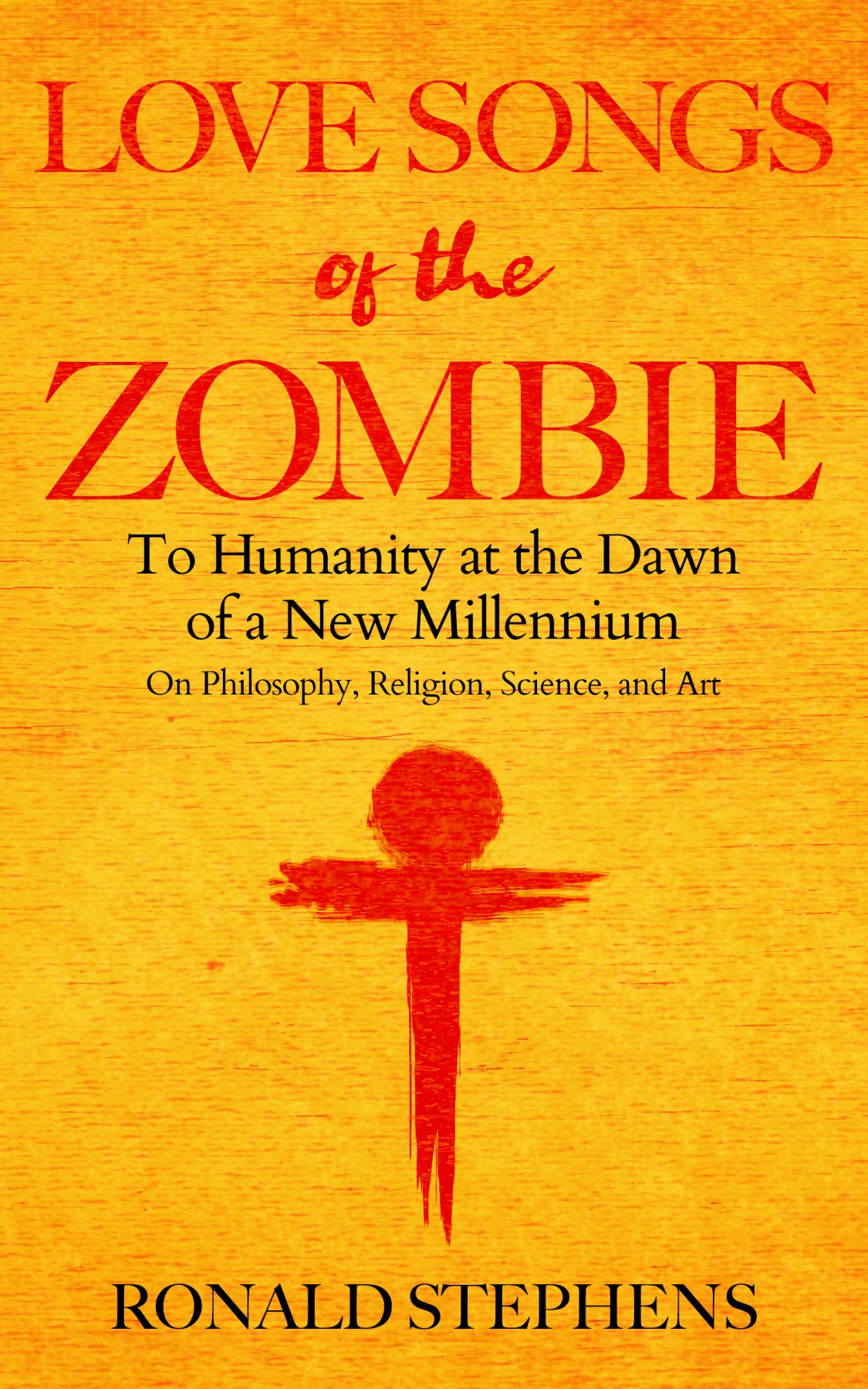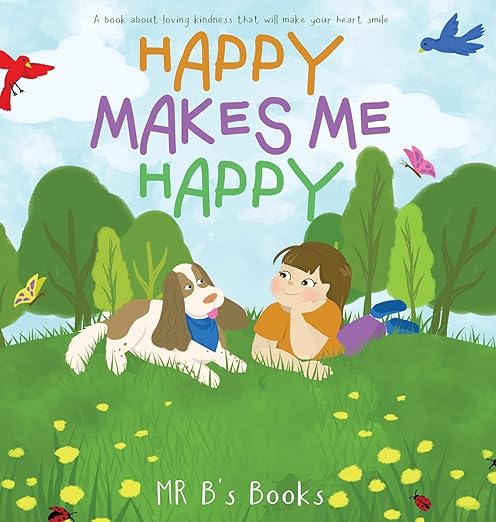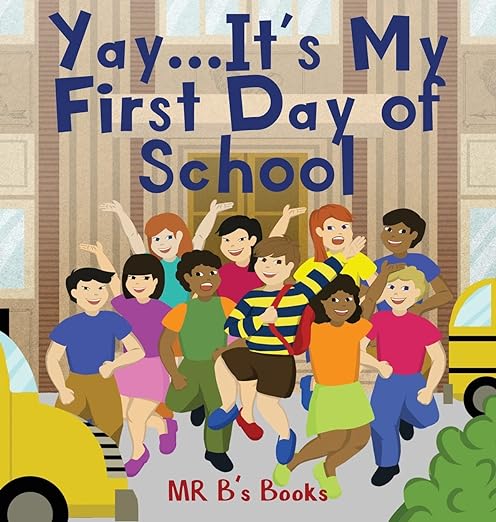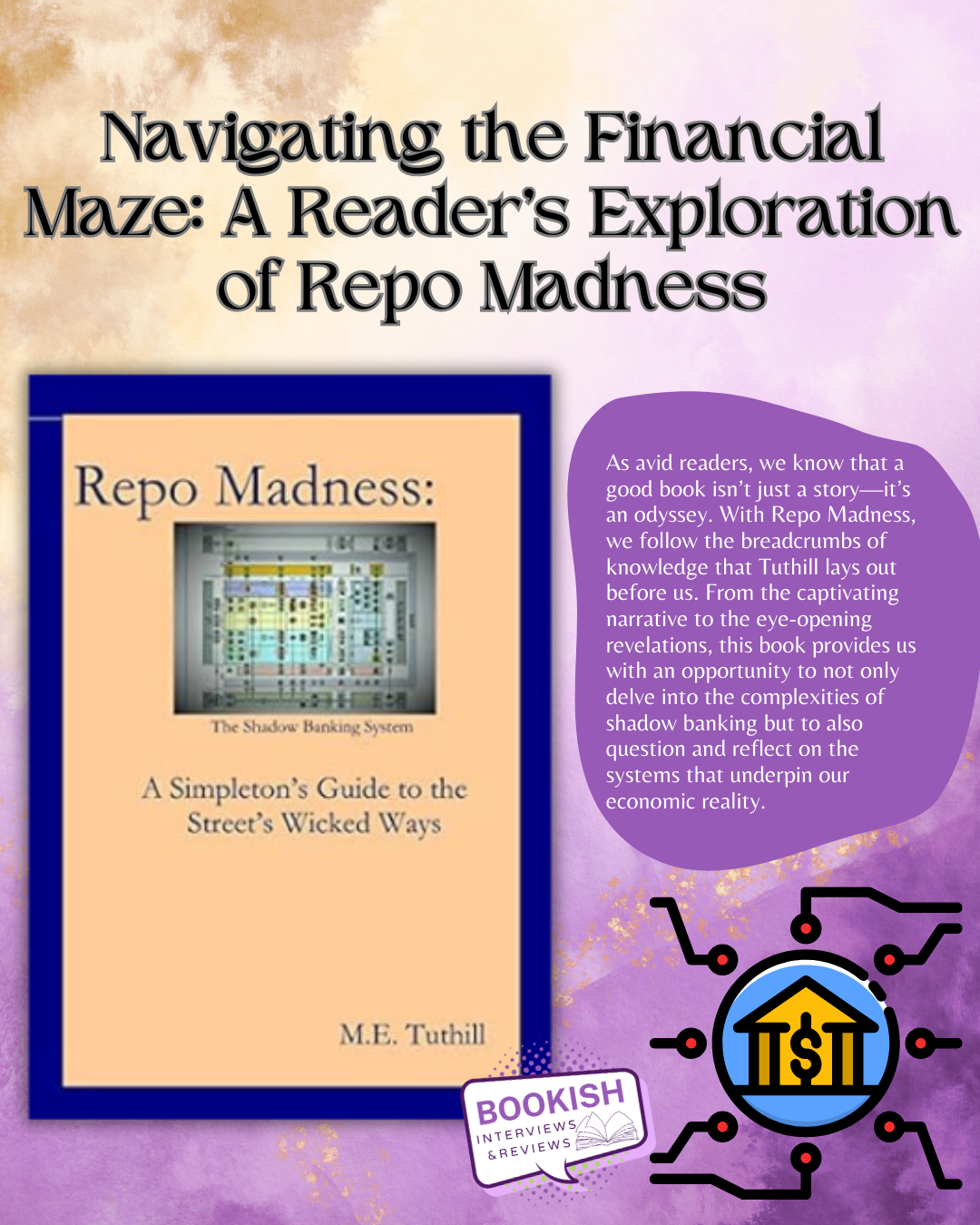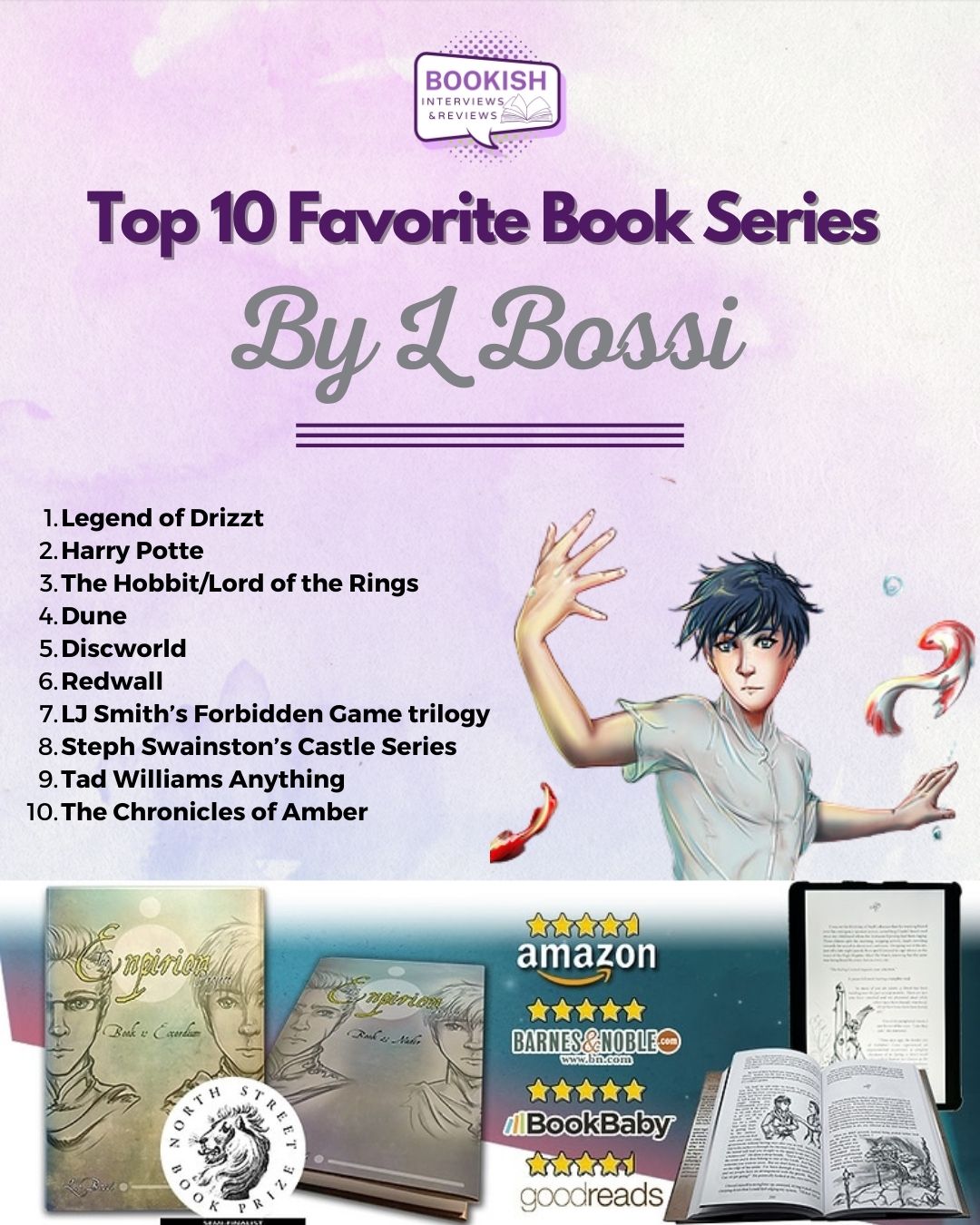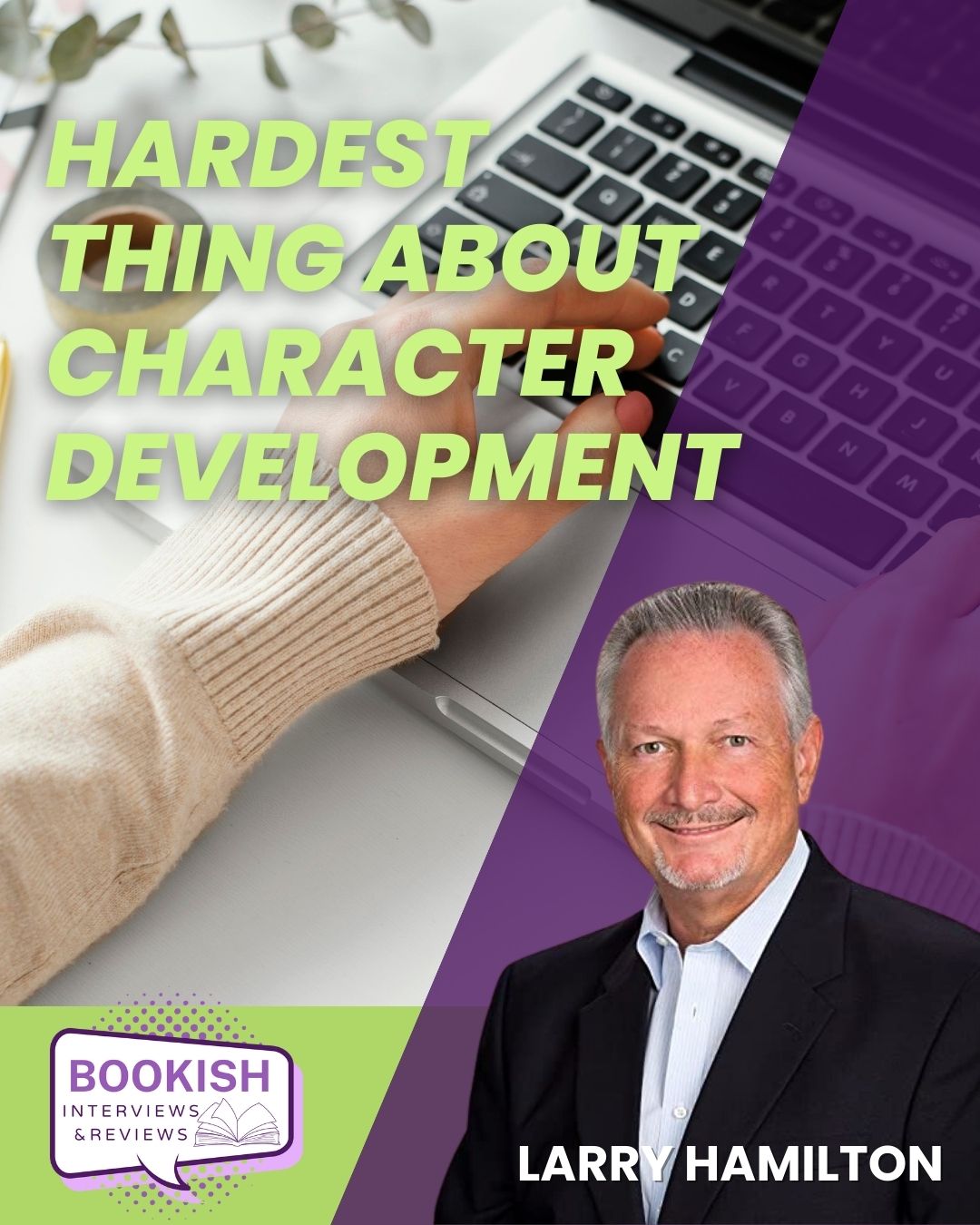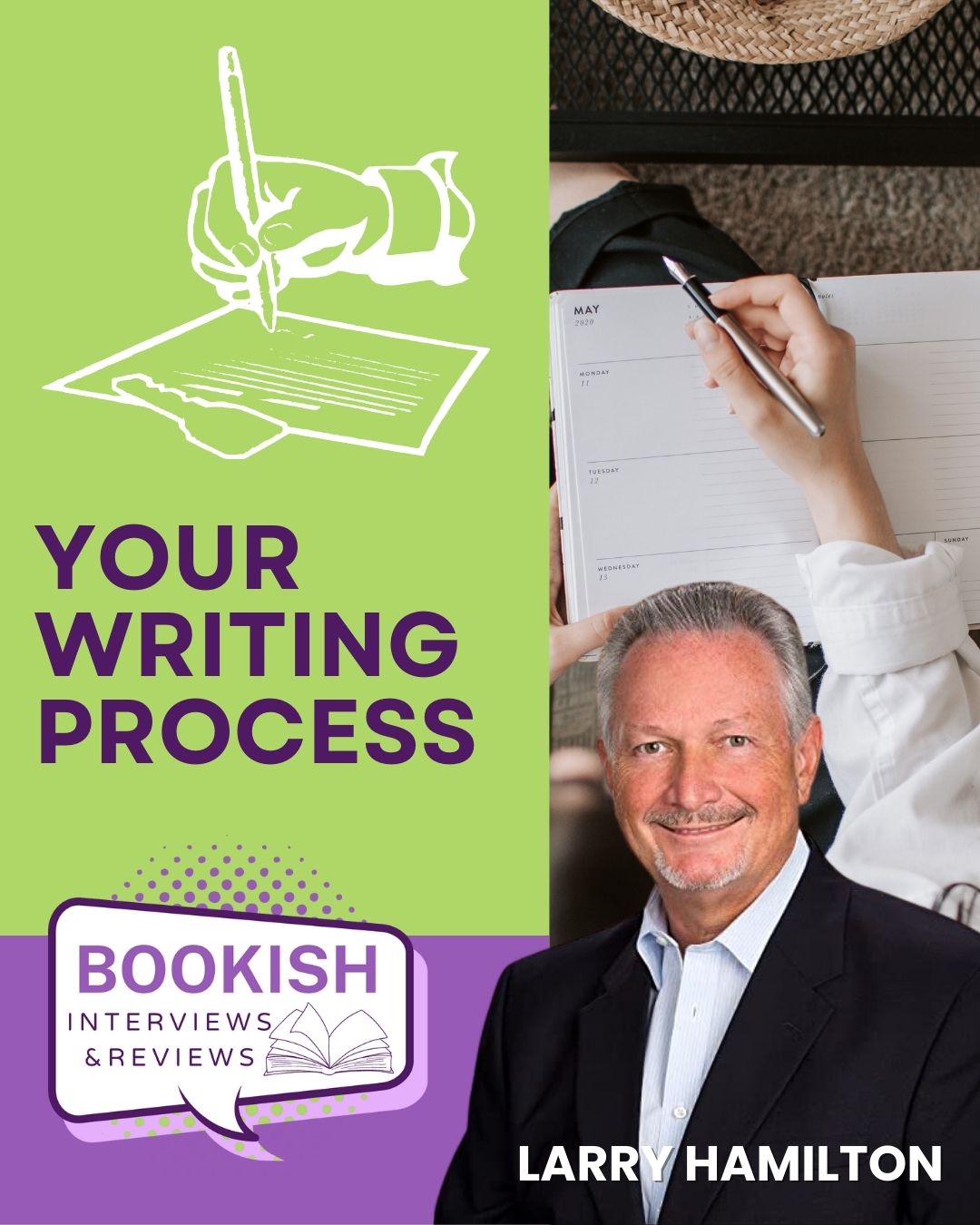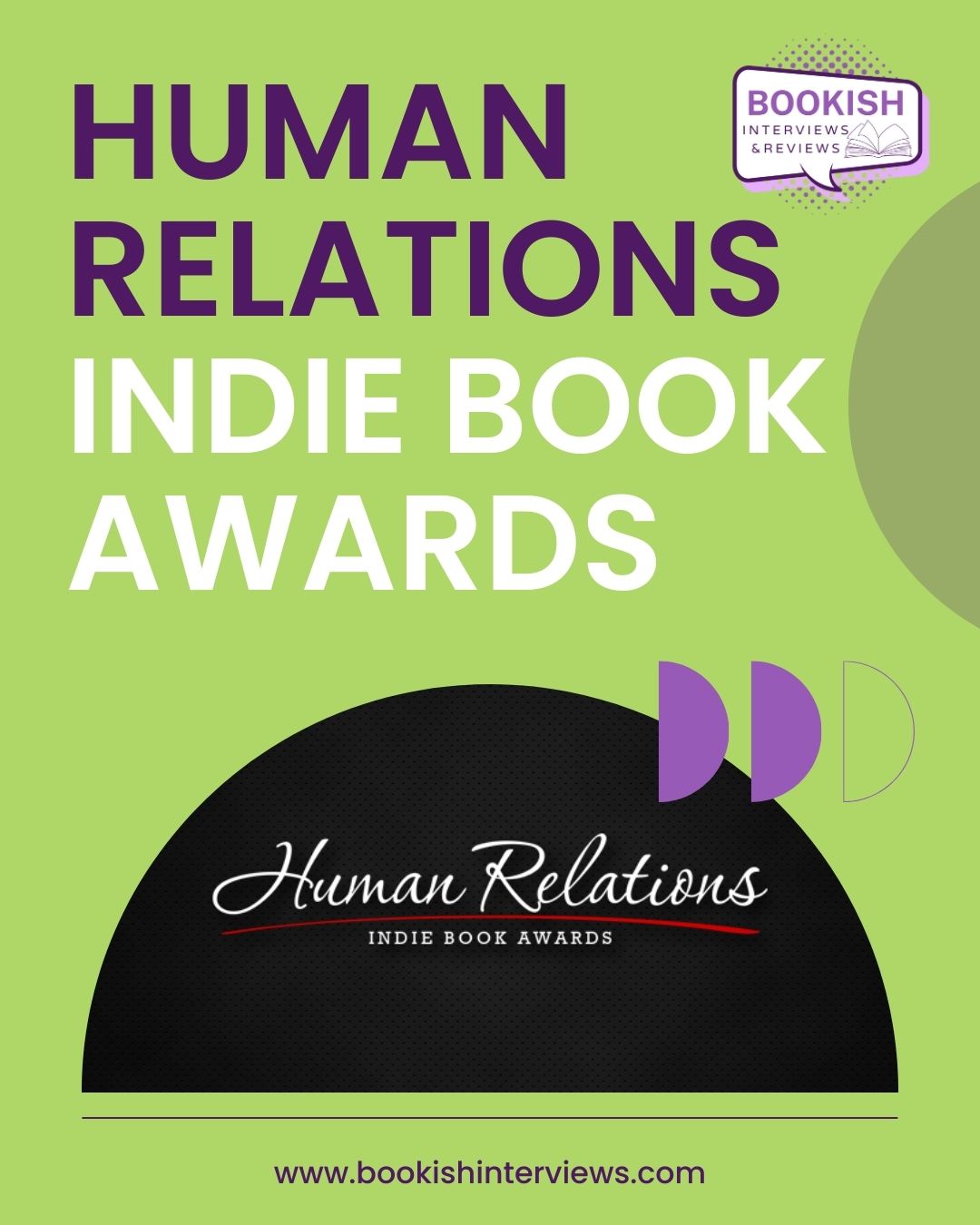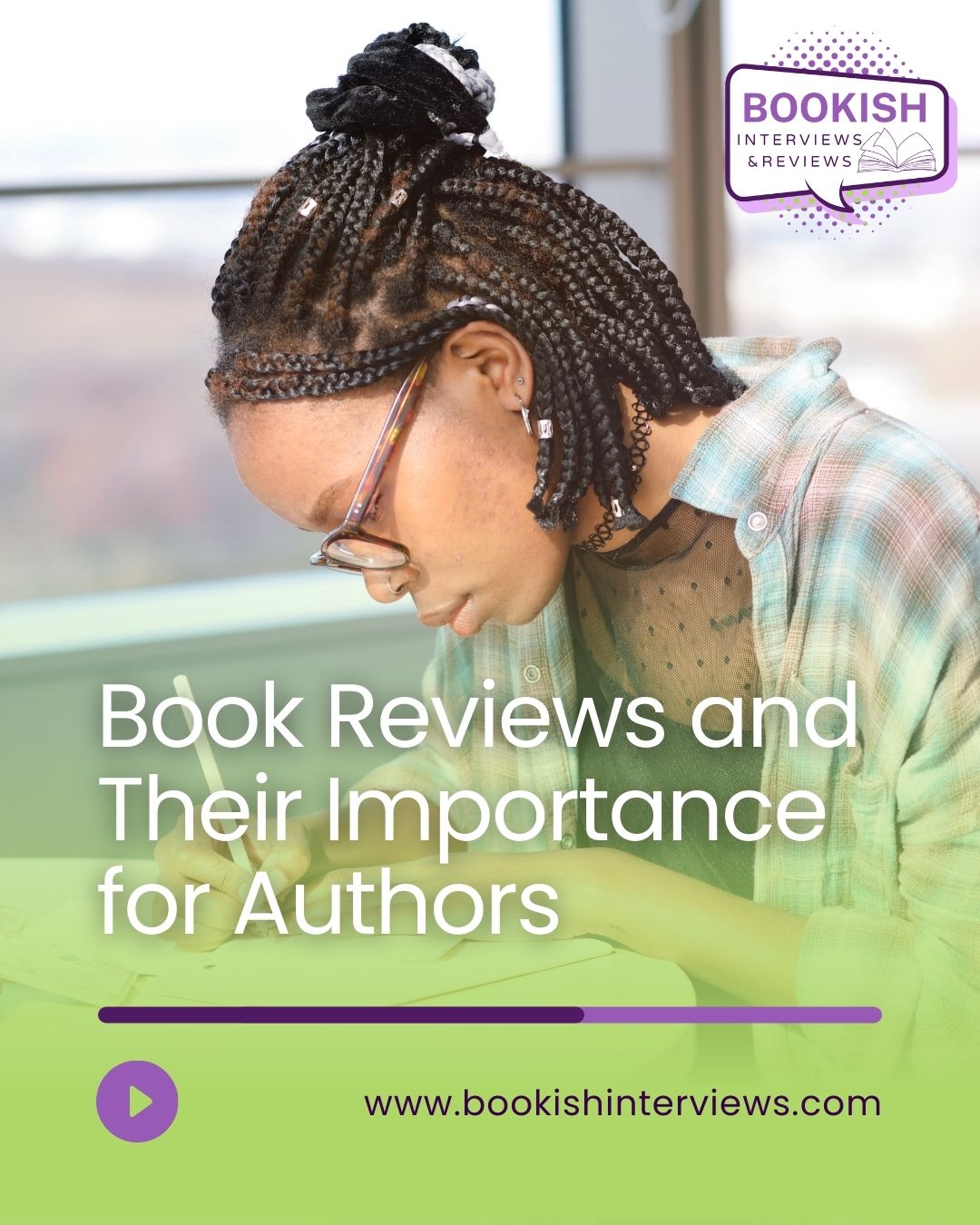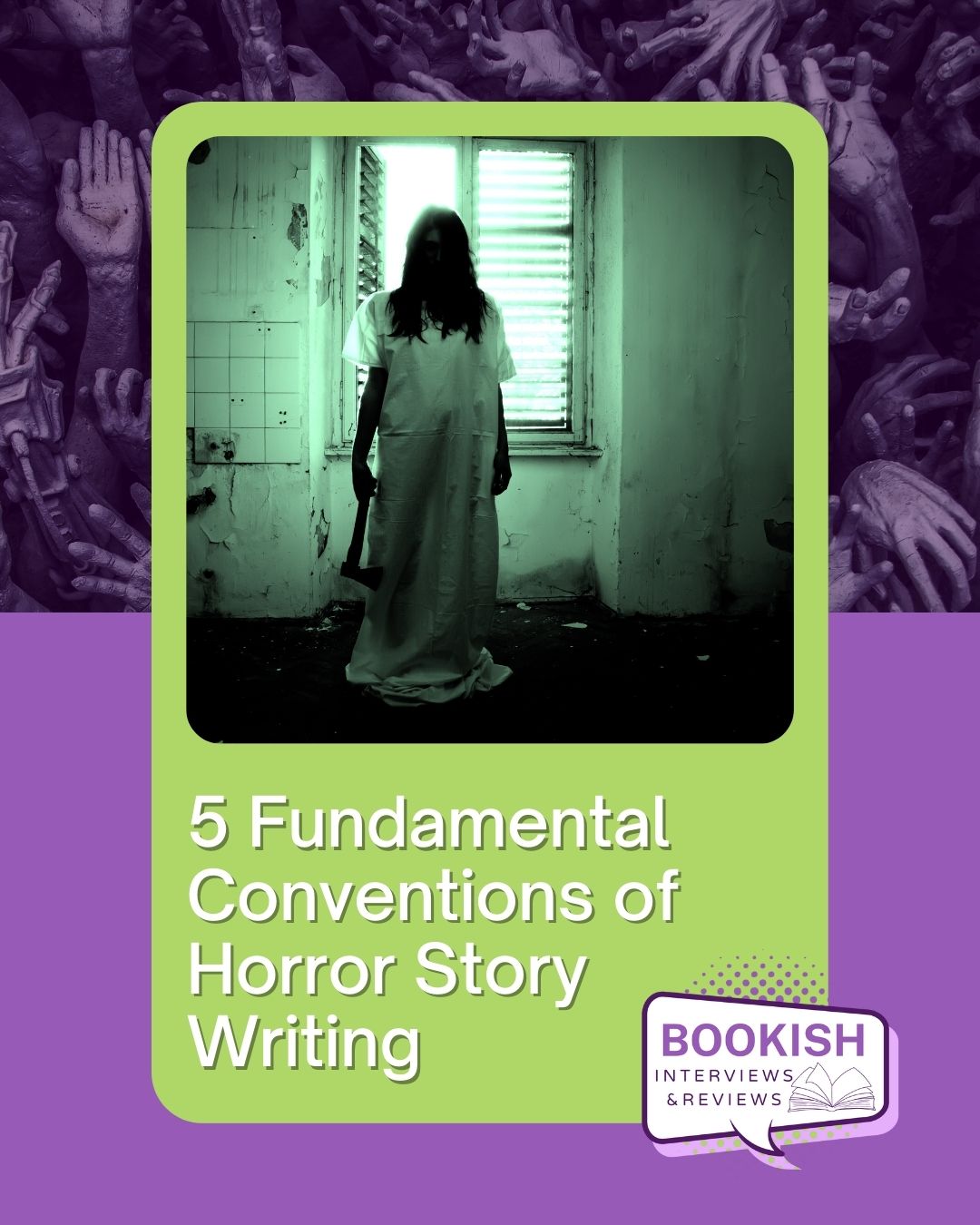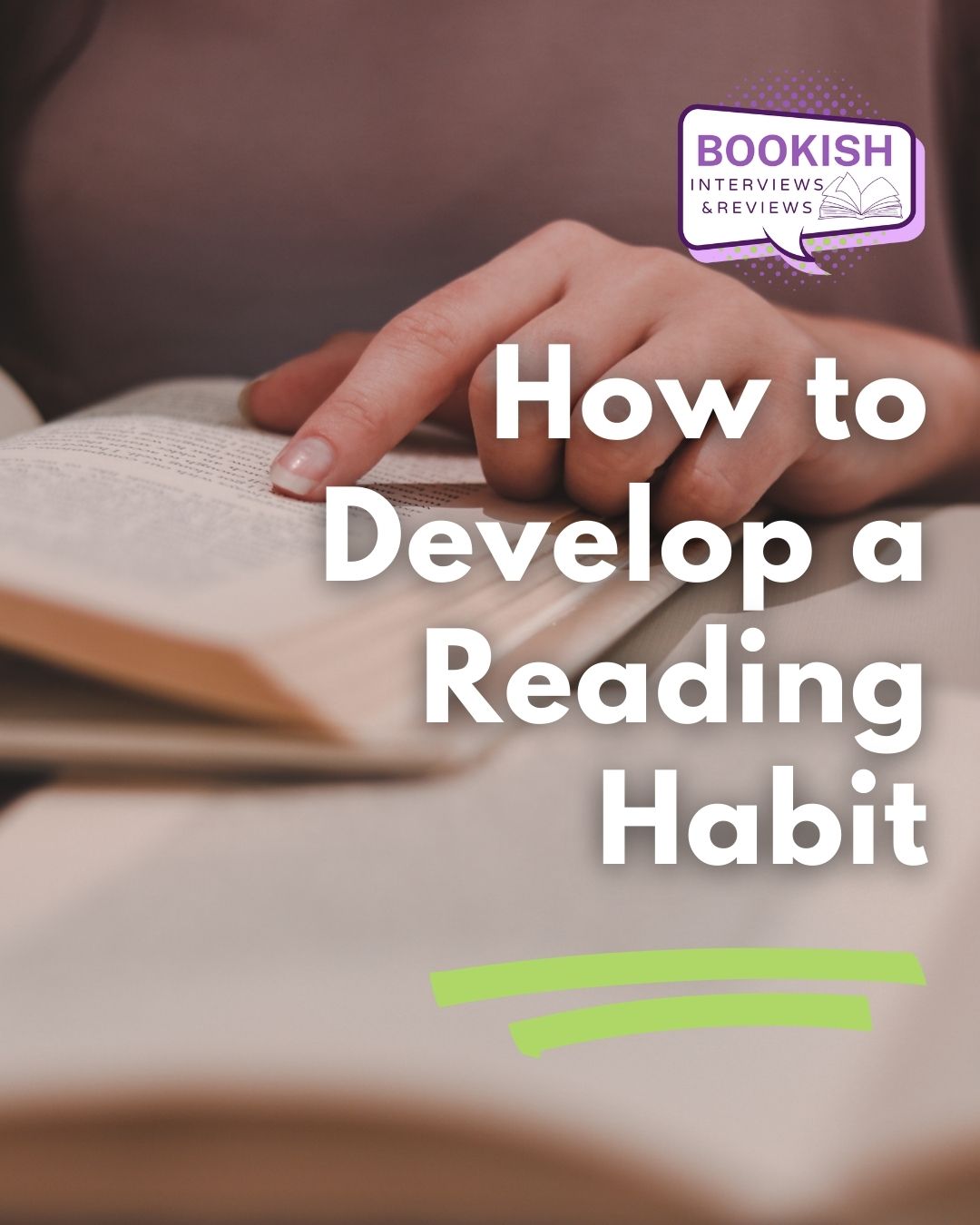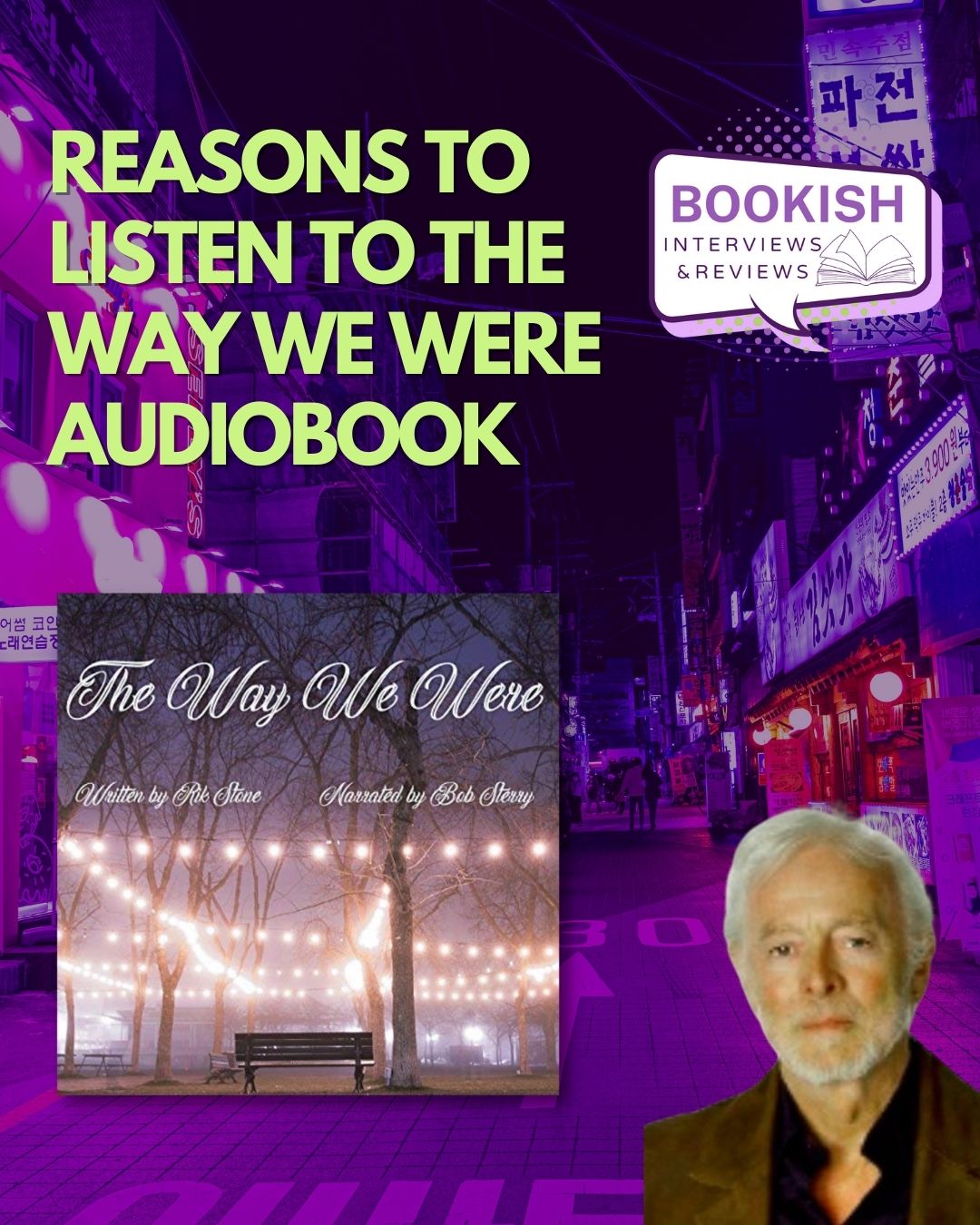The interview with Dr. Marie Melanie Brown Mercadel was a very enlightening experience. She is an amazing motivational speaker, and her words of wisdom and practical advice on mastering the art of motivation were incredibly helpful in understanding how to best approach achieving my personal goals. Her guidance showed me that motivation comes from within, and can be found by taking time to reflect on our values and passions. She also emphasized the importance of setting achievable goals, creating a plan for success, and taking actionable steps to reach our desired outcomes. Her insights were incredibly valuable, and I feel grateful to have had the opportunity to learn from her.
Can you tell us a little bit about your book “Getting to My Enough, A Story of Faith, Resilience, and Survival” and what inspired you to write it? In my memoir, I describe my journey of persevering through unspeakable childhood sexual trauma, the loss of a baby as a teenager, and my tenacious resolve to get to my enough. The frank and detailed descriptions of my life experiences are riveting and provide proof that it is possible to achieve personal triumphs in spite of the odds. My goal was to be courageous in writing about the deep-seated emotions that caused me to be overwhelmed with self-doubt, fear, and shame for much of my adult life. My acts of forgiveness and the adoption of self-love represent an important source of my healing. Getting To My Enough reveals how a broken and damaged girl gained inner peace, affirmed the positive aspects of her life, and embarked on a mission to mentor and motivate women dealing with similar issues. This book is a cathartic experience that examines both the power of determination and the will to survive. I was inspired to write my book because I wanted to heal and to be an example for others who have suffered in silence because of shame, self-blame, and anger. Additionally, in the Black community we learn that discussing our “family business” is unacceptable, therefore many victims live with internalized shame while the perpetrators continue to violate innocent children. My aim is encourage others to believe that they can heal and to break the cycle of multi-generational abuse.
Your book talks about your personal journey towards finding inner peace and self-acceptance. Can you share with us some of the key challenges you faced during this journey and how you overcame them? For many years I suffered from low self-esteem, yet, at the same time I was an over-achiever and strived for excellence in every aspect of my life including work, school, community commitments, and raising my family. Even as an accomplished human services executive I didn’t immediately understand the correlation between my childhood trauma and my feeling that I wasn’t good enough. When I embarked on my healing journey, the more I opened up about my experiences, I began to accept that I was not responsible for the actions of the adult who hurt me. I found that in my work with vulnerable populations, I had a sense of inner peace by helping others gain the support and resources that I lacked during my journey. I also learned that I had to forgive myself for masking my own needs and internalizing that the abuse was my fault.
How do you think your book will resonate with readers who are also struggling with self-doubt and feelings of inadequacy? It is my hope that the readers will acknowledge the similarities in our journeys and take the actions needed to heal. Many of the women I connect with have shared that they are bogged down by the need to be “strong” all the time and are overcompensating for their own insecurities. I believe that the readers will be able to relate to me as a child, a woman, a wife, mother, and a professional and could use some components of my story to begin their own healing.
Your book also touches on the importance of faith and spirituality in overcoming adversity. Can you share with us how your faith has played a role in your own journey towards self-acceptance? I have a chapter in my book titled “All things are working for my good” which describes how my faith in God is a significant factor in the healing and the success that I have achieved today. During the times in my life when I was at my lowest point – there is no other explanation of how I gained the strength to keep moving forward outside of the grace of my God. While I do not believe that it is necessary to attend a brick and mortar building to worship God, I believe that it is critical for each person to allow themselves to be guided by a spiritual power. I pray, and I give thanks because my faith and my intellect tell me that I am never alone.
What message would you like readers to take away from your book? I want the readers to know that sometimes it is okay not to be okay and to understand that they do not have to suffer though anxiety, depression, or other behavioral health issues alone, we all deserve to heal and we have a responsibility for doing the work within ourselves to move forward. Some days will be hard and sometimes “sucky” but I know that they can be restored with the assistance of supportive interventions and self-accountability.
Your book addresses some difficult topics such as trauma, abuse, and addiction. What advice would you give to readers who may be struggling with similar issues? My advice is that post-traumatic growth requires one to invest in their own healing and recovery, which looks different for everyone. I chose not to be defined by my abuse and I continued to pursue every goal I had with due zeal. I encourage others to seek professional help and therapeutic interventions including mindfulness, yoga, medication, and therapy as indicated.
How did you approach the writing process for this book? Did you face any challenges or obstacles while writing it? Wow! Writing this book was a two-year process. I started and stopped writing the book at so many different intervals because I was triggered by certain memories. Reliving some of those memories was difficult. I also reached out to older family members to learn more about the background of my parents and much of the information I gained about them was unknown to me. I was also concerned about keeping my family and friends “whole” in the process of writing and I didn’t want to cause pain, shame, or anger for those that I mentioned in my book. At the beginning, I used many of my journal writings and motivational speeches to shape the content and I didn’t give myself any deadlines – I only committed to writing one paragraph a day and oftentimes it would turn into several paragraphs or even a chapter. That way, I wasn’t adding any pressure to ‘just get finished’.
Your book has received critical acclaim and has resonated with readers. What has been the most rewarding part of publishing this book for you? I host Sip & Heal events for women across the country and I read excerpts from my book and provide guided discussion questions. The most rewarding aspect of publishing this book is that I have reached so many women who are disclosing their personal experiences with trauma for the first time and they have sought out the needed tools to help them heal. I appreciate those who have shared their own personal stories with me and have articulated support for my work and my authenticity,
Do you have any future writing projects in the works? In the next year, I will begin work on my second book, which will be titled “I am enough, my journey of healing out loud”.
What advice would you give to aspiring writers who are looking to share their own personal stories of resilience and survival? Start writing and stop procrastinating. Hire an experienced editor, publisher, and PR entity to guide you in the right direction. Don’t be discouraged by lulls in your writing, step away from your project as needed – but do not quit!
How can my readers connect with you and purchase a copy of your book.
Amazon: https://bit.ly/MercadelMyEnough
B&N: https://bit.ly/BN_MyEnough
